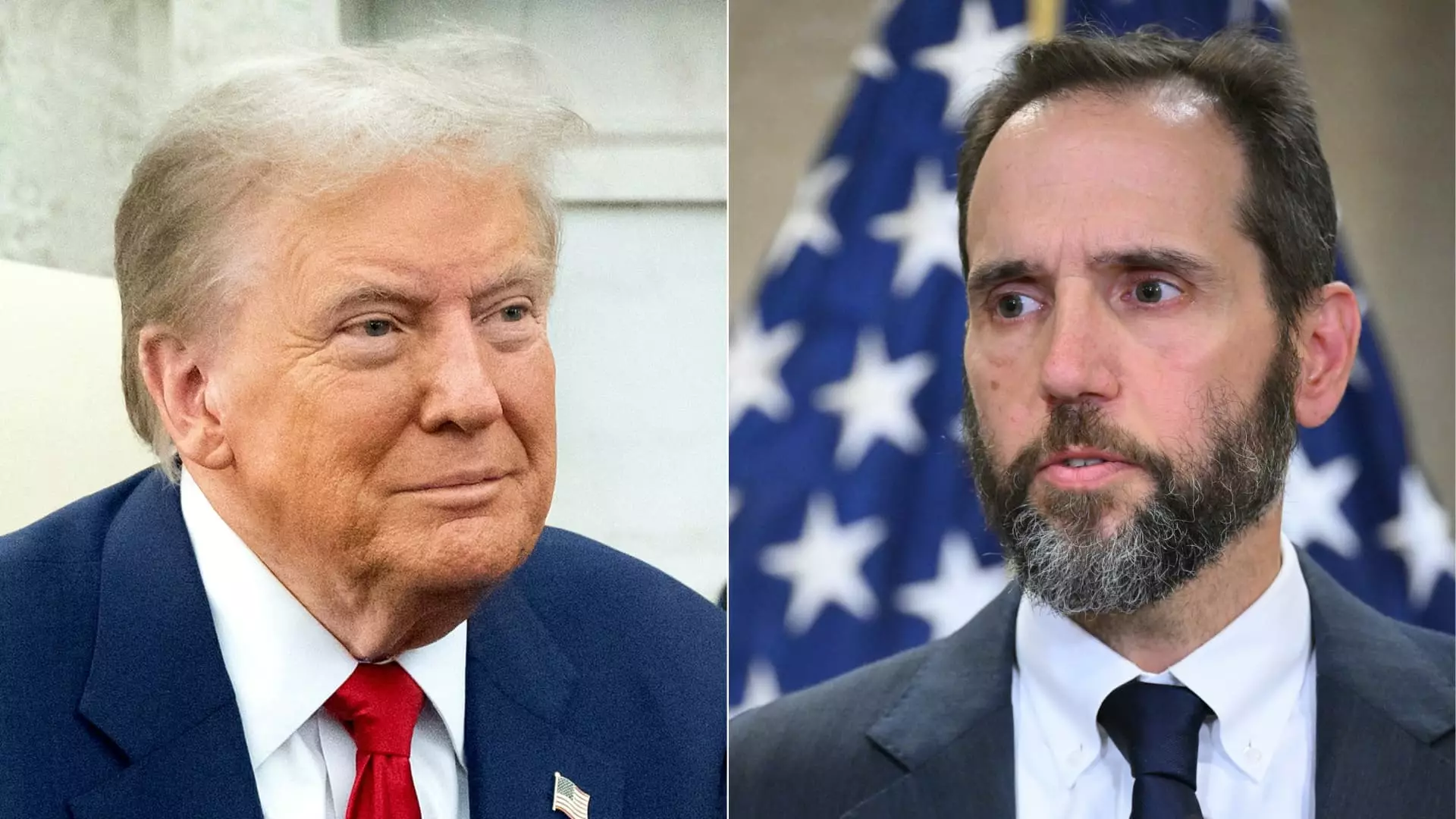In recent weeks, the investigation surrounding Jack Smith has become a battleground for partisan accusations rather than a pursuit of impartial justice. The Office of Special Counsel’s (OSC) inquiry into alleged violations of the Hatch Act, initiated amidst fierce political rhetoric, exemplifies how the machinery of government can be weaponized to serve partisan ends rather than uphold fairness and accountability. The fact that the OSC lacks prosecutorial power but is still being used to cast doubt on a political opponent reveals dangerous flaws in our justice system’s independence. Such tactics threaten to erode the very foundations of public trust, turning what should be judicial processes into political theater designed to delegitimize rivals rather than seek truth.
The Politicization of Legal Institutions Undermines Democratic Values
This investigation is not an isolated incident; it fits into a broader pattern of politicizing agencies meant to serve as arbiters of justice. The use of a non-prosecutorial body like the OSC to pursue a sitting or former official fuels the perception that legal tools are being wielded as partisan weapons. The repeated use of allegations such as “unprecedented interference” and accusations of “illegal campaign activity,” without concrete evidence, skews public perception and fosters cynicism. When authorities prioritize political stratagem over due process, they diminish the very institutions designed to protect democratic integrity. Such actions weaken accountability and jeopardize the delicate balance that keeps government honest and transparent.
The Cost of Weaponized Investigations on Democracy
The broader danger lies in how these politically charged investigations threaten the health of democracy itself. Instead of fostering a culture of accountability, they create a climate where legal processes are seen through the lens of partisan gain. The refusal to substantiate claims of lawbreaking with concrete evidence leaves the public vulnerable to misinformation, deepening partisan divides. Moreover, the strategic timing—such as initiating investigations just under a year before a pivotal election—raises suspicion about motives rooted in political convenience rather than justice. This manipulative approach further polarizes society, with the justice system becoming a tool for electoral advantage rather than a neutral arbiter of truth.
The Perils of a Biased Legal Environment
The appointment process of key figures (like the still-stalled nomination of Paul Ingrassia to head the OSC) reveals a problematic trend: confirmation battles driven more by ideological loyalty than competence or integrity. When the vetting process becomes politicized, it raises questions about the independence of future investigations. The implications are profound: a legal framework that is supposed to safeguard democracy can instead be exploited to favor particular narratives, weakening the very accountability mechanisms that are vital for a functioning democracy. An independent judiciary and oversight bodies must resist becoming pawns in partisan warfare, lest they lose their legitimacy entirely.
Ultimately, these developments demonstrate that justice cannot be assigned based on political convenience. The erosion of procedural integrity, the rise of baseless accusations, and the strategic use of investigations against opponents threaten to make justice a casualty of partisanship. Such behaviors threaten to hollow out the essential pillars of democratic accountability, replacing impartial justice with political spectacle. This dangerous trend must be challenged if democracy is to endure as a system that genuinely reflects fairness, truth, and the rule of law.


Leave a Reply